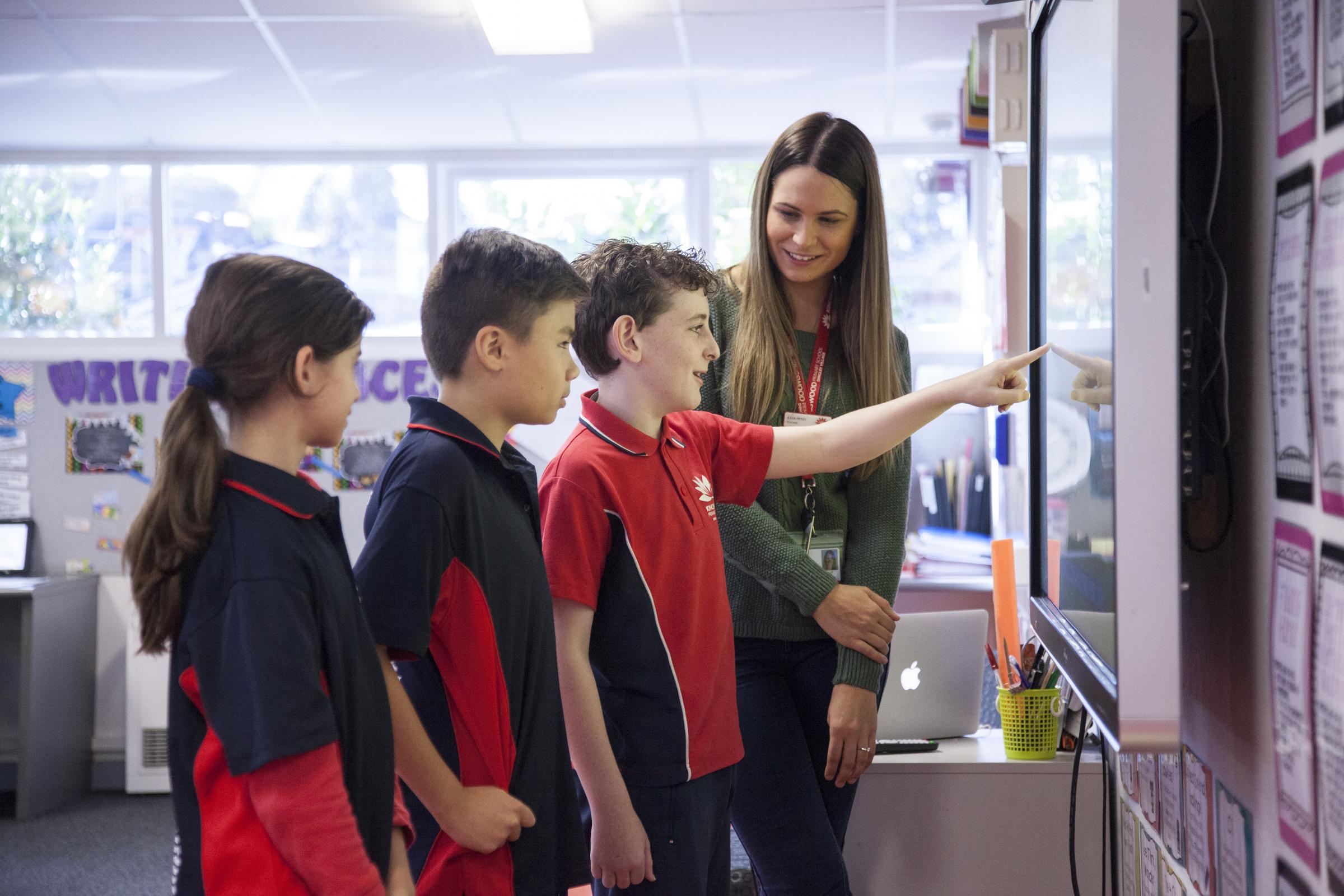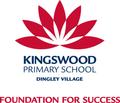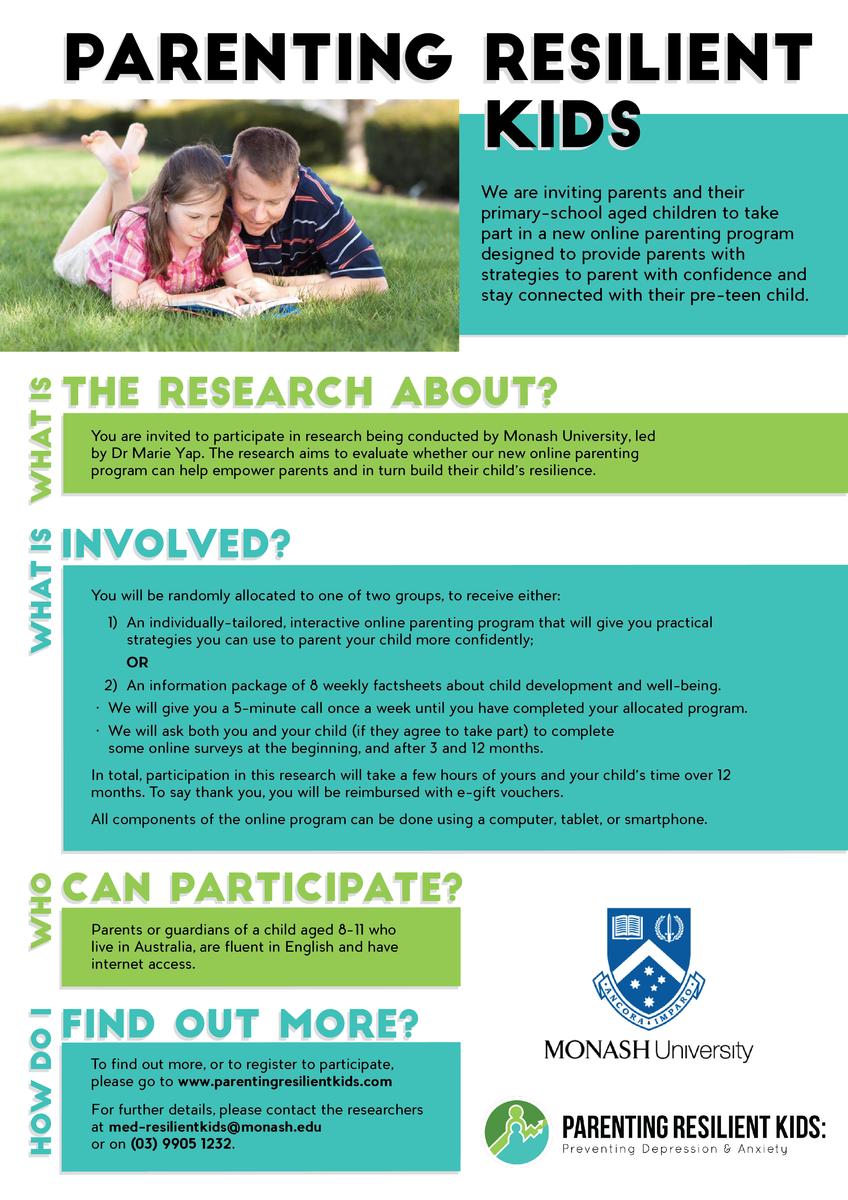Wellbeing and Community Engagement

Patrick Halpin
Wellbeing and Community Engagement
Snapshot Surveys
It is clear from the feedback received on John Hendry’s presentation at St. Mark’s Primary Catholic School in July that parents found it useful and informative. 100% of respondents scored it a 4 or 5 out of 5.
Lots of parents have asked for notes on the presentation. Unfortunately, it was more of a workshop based approach so it is difficult to share the meaning on paper. Parents have recorded the following take-aways, however:
- When a child has done something inappropriate, instead of asking, “WHY did you do that?” ask, “WHAT made you do that?” This can prevent the child shutting down and can help build communication and trust.
- The importance of being positive, sticking to routine and allowing my kids to make mistakes (ensuring my reaction is positive).
- We must break tasks into the steps and practise them over and over again in order for them to become habitual.
- It taught me to monitor my behaviour to bring out the best in my child.
One parent asked about the 5 values of the Relationship Quotient. These are:
- Trust – the belief that a person will not put their interest ahead of yours
- Forgiveness – ‘give-for’ the relationship
- Integrity – the intention to do the right thing
- Hope - the belief that the future can be better than the present
- Compassion - understanding that we are not perfect and we all make mistakes
Click here for more on the Relationship Quotient.
Many parents expressed interest in attending a workshop or presentation on challenging behaviour. I am working on organising a speaker but in the meantime, I would like to draw your attention to an article on the Parental Stress Centre, Australia website.
While the focus of the article is on tantrums exhibited by younger children, the strategies are very relevant and may help parents to work through difficult behaviours with their older children. The strategies suggested include:
- Use distraction
- Offer choices
- Give quality attention
- Stay calm
- Respect the limits of your child
- Try to understand the situation from their perspective
- Ignore the behaviour
- Verbally praise and affirm afterward
If anybody would like to discuss any challenging behaviour, please feel free to email, phone or visit me to chat about what we can do to support you and your family.
Parenting Resilient Kids
Monash University are running a free online parent training course entitled, 'Parenting Resilient Children' as a research project. Please see the attached information and contact med-resilientkids@monash.edu if you are interested.
Any parent who is interested to participate can register directly at their website: www.parentingresilientkids.com


